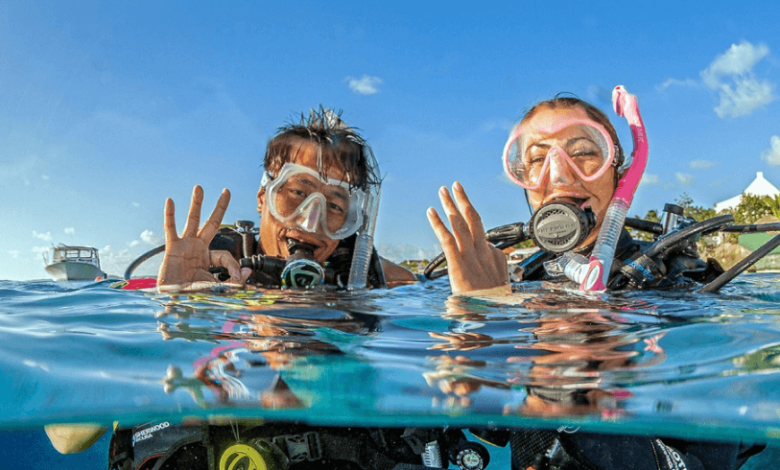Why is Scuba Diving Gear Important?

Scuba diving opens up a world of underwater adventure, but safety and comfort depend on using the right equipment. Proper scuba diving gear ensures you can breathe, move, and protect yourself effectively underwater. Without the right gear, divers risk accidents, discomfort, and potential injury.
The Role of Scuba Diving Gear in Safety
Breathing Underwater
The regulator and air tank provide a continuous air supply. The regulator reduces high-pressure air from the tank to a breathable level, allowing safe and efficient breathing. A malfunctioning regulator can lead to dangerous situations, making regular servicing essential.
See also: Revolutionising Dental Implant Procedures Through Modern Technology
Buoyancy Control
A Buoyancy Control Device (BCD) maintains neutral buoyancy, preventing uncontrolled ascents or descents. Proper buoyancy control minimises the risk of decompression sickness and protects delicate marine environments.
Monitoring Depth and Dive Time
Dive computers track depth, dive time, and ascent rates, helping divers avoid decompression sickness. Real-time information ensures safer ascents and adherence to recommended limits.
Protection from Environmental Conditions
Thermal Protection
Wetsuits and drysuits protect against cold water, preventing hypothermia. Wetsuits trap a thin layer of water that warms the body, while drysuits seal out water, providing insulation in colder environments.
Protection Against Hazards
Gloves, boots, and dive suits shield against sharp objects, coral, and stings. A dive knife or tool is useful for cutting entangled lines. High-quality scuba diving gear provides an additional layer of protection, reducing the risk of injury.
Enhancing Comfort and Efficiency
Movement and Manoeuvrability
Fins allow divers to move effortlessly and conserve energy. Open-heel fins are suited for cold water, while full-foot fins are ideal for warm water dives. Choosing the right fins improves efficiency and reduces fatigue.
Clear Vision and Awareness
A properly fitted dive mask provides a clear field of vision, allowing better awareness underwater. A good fit prevents leaks and discomfort, enhancing the overall dive experience.
Preventing Emergency Situations
Backup Air Supply
An alternate air source (octopus) serves as a backup if the primary regulator fails. Surface marker buoys (SMBs) and signalling devices alert boats and rescue teams, enhancing safety during surfacing.
Navigation and Communication
Compasses help maintain orientation, while dive lights ensure visibility during night or low-light dives. These tools prevent divers from getting lost and allow for clearer communication.
Compliance with Safety Standards
Australian Safety Standards
Scuba gear in Australia must meet AS 4005.1-2000 standards to ensure safety and performance. Regular maintenance and inspections are required to keep equipment compliant.
Dive Centre Requirements
Dive centres often inspect gear before allowing divers to participate in dives. Certified divers are responsible for maintaining their gear to meet safety standards.
Cost Savings and Better Dive Experience
Durability and Longevity
High-quality gear lasts longer and requires fewer replacements. Proper maintenance ensures consistent performance, reducing the risk of unexpected malfunctions.
Comfort and Enjoyment
Owning personal gear increases familiarity and confidence underwater. Consistency in equipment improves comfort and enhances the overall diving experience.
In Summary
Scuba diving gear is essential for safety, comfort, and efficiency. From maintaining a reliable air supply to protecting against environmental hazards, the right gear enhances the diving experience. Investing in quality equipment and maintaining it properly ensures safer and more enjoyable dives.




